Although the global crop yield has been improved over the recent years, the growth of crops in many areas are still stressed from plant diseases, pests and multiple abiotic stress such as salt, drought, coldness and heavy metal pollution.
Plant genetic engineering, also known as plant genetic modification or manipulation, is the key that opens up the doors for introducing crops with valuable traits to produce plants that require fewer pesticides, fungicides, or fertilizers, and can be more resistant to stress conditions. Plant genetic engineering techniques allow direct transfer of one or just a few genes of interest, between either closely or distantly related species to obtain the desired agronomic traits. Aside from adopting genes from other species, plants can also be modified by knock-out, knock-down, or overexpression of their own genes.
Lifeasible addresses the genetic modification of plants through multiple popular genetic engineering technologies, including CRISPR/CAS9, CRISPR base editors, transcription activator-like effector nucleases (TALENs), zinc finger nucleases (ZFNs), RNA interference (RNAi), virus-induced gene silencing (VIGS), and gene overexpression. These technologies play essential roles in modern agriculture for crop optimization.
01
Decades of experience in plant genetic engineering
02
Advanced plant molecular biology technology platform
03
Professional and customized one-stop service in plant genetic engineering
04
A full array of services from gene cloning to phenotype and gene function analysis
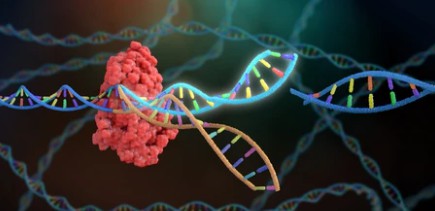
Utilizing the repairing of DNA double strand breaks (DSBs) induced by CAS9 and single-guide RNA (sgRNA), CRISPR/Cas9 allows precise mutation of one specific gene, which has been successfully applied in plant genetic modification.
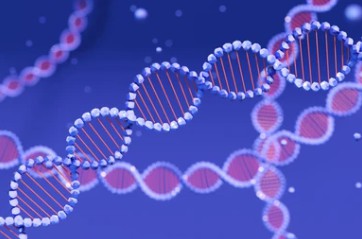
CRISPR base editors are advanced CRISPR/CAS9 systems that introduce single nucleotide change at target loci. Without the need of double stranded break formation or a donor DNA template, CRISPR base editors have been applied successfully in monocots and dicots.
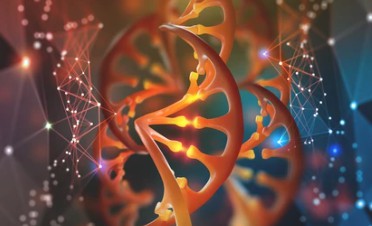
The emergence of CRISPR technology allows us to activate gene expression in situ. We are deeply involved in the field of gene editing and are committed to optimizing the CRISPR system to carry more activation elements.
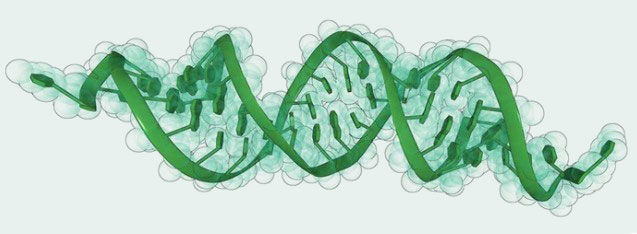
RNAi is a classical approach for generating sequence-specific gene knock-down or knock-out by introducing specific double-stranded RNA (dsRNA) in the plant system. Due to its high efficiency, quickness, and general affordability, RNAi has become a promising approach for crop improvement.
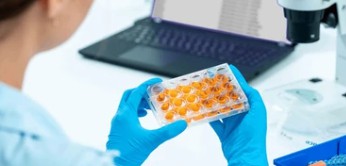
VIGS is one of the most powerful reverse genetics tools for rapid determination of plant gene functions. This technique utilizes small interfering RNAs (siRNAs) to accomplish mRNA degradation, translational suppression, or transcriptional inhibitions of targeted genes.
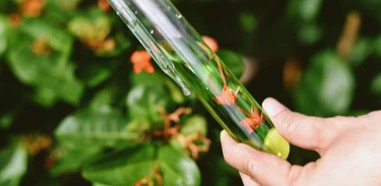
Gene overexpression is an alternative or complementary method to loss-of-function approaches, which helps to elucidate plant gene functions and introduce new plant traits. We provide flexible and reliable one-stop gene overexpression services to accelerate your research.

CRISPR/Cas12b is a universal and customizable system in plants, which can finally provide effective gene editing to achieve target gene activation and inhibition. We have developed a variety of Cas12b vectors to meet the diverse needs of our customers.
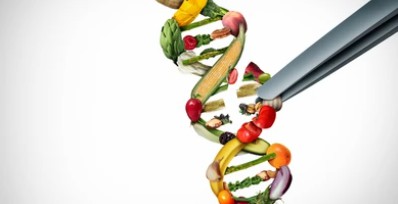
CRISPRoff/CRISPRon can control gene expression with high specificity without changing the DNA sequence. This technology has unique advantages, including its flexibility, stability, specificity, and wide applicability.

CRISPR/Cas12a is a promising genome editing system for targeting AT-rich genomic regions. We provide one-stop services from cas12a optimization, sgRNA design, vector construction, plant transformation, to validation of gene editing type.

Estimation of the extent and pattern of genetic variation is a prerequisite for the production of superior varieties. We provide comprehensive plant genetic variation detection service based on morphological markers, cytological markers, biochemical markers and molecular markers.

We offer genome-wide association studies to analyze key genes that confer cold/freezing tolerance. In addition, we provide multidisciplinary approaches that simultaneously target multiple factors to develop strategies for cold-tolerant crops.

Salt stress is a significant abiotic stress that affects plant growth and development and reduces yield and productivity. We provide professional solutions to analyze salt-stress-responsive genes to help customers develop salt-resistant crop varieties that maintain productivity and quality.
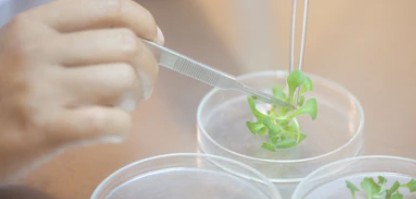
Tissue culture-free plant gene editing solutions alleviate the bottleneck caused by tissue culture-based genetic transformation. We provide methods for producing gene-edited plants by utilizing the de novo meristem induction and simultaneously avoiding the need for tissue culture.
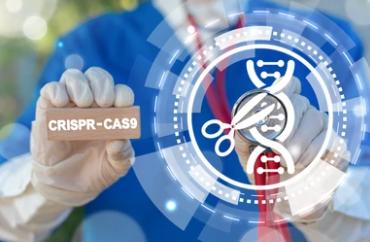
CRISPR/Cas are simple, versatile, powerful, and cost-effective genome manipulation lines, particularly important for crop improvement. Lifeasible has been at the forefront of advances in plant biotechnology for many years, working to enable precision gene replacement in plants through CRISPR/Cas genome editing. With all types of CRISPR/Cas-mediated single and multiple base substitutions, as well as small and precise insertion deletions, we can rapidly, efficiently, and economically improve crops in a user-defined manner without compromising other good agronomic traits or being weighed down by a chain of deleterious genes.

MicroRNAs (miRNAs) are becoming increasingly attractive due to their essential roles in various aspects of plant life, including plant development, plant architecture, and biotic and abiotic stress responses. miRNAs have emerged as promising targets for crop improvement. Lifeasible offers microRNA-based gene modification solutions for worldwide customers. It directly contributes to agricultural productivity by overexpressing or knocking down specific miRNAs or their targets to develop superior crop varieties with enhanced biotic and abiotic stress tolerance and increased biomass yield.

The main task of gene editing in plants is to produce edited progeny free of transgenes to ensure genome stability and its application in food, feed, and other production. Lifeasible can provide customers with a simple, effective service to create heritable, non-transgenic genome edits using grafted plants.
Lifeasible has established a one-stop service platform for plants. In addition to obtaining customized solutions for plant genetic engineering, customers can also conduct follow-up analysis and research on plants through our analysis platform. The analytical services we provide include but are not limited to the following:
July 13, 2024